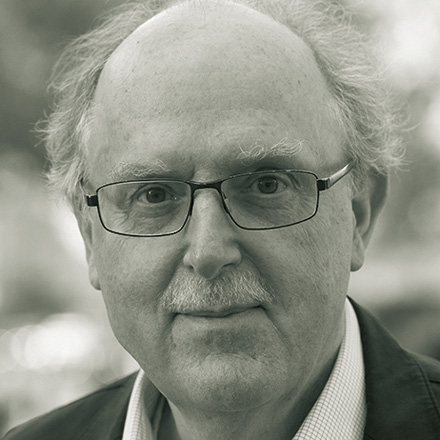Education
Informed use of the media
Education is not just about tests and grades, says Rosa-Maria Torres Del Castillo, the director of Ecuardor’s Instituto Fronesis. The real issue, according to her, is “building citizens in the 21st century”. Children and adolescents must learn about rights and duties, develop a sense of belonging to their communities, become interested in the public good and willing to defend it. Schools alone, Torres Del Castillo argues, will never be able to instill such a sense of citizenship. She also sees roles for government authorities, families, communities and the media.
Torres Del Castillo is not optimistic about all relevant actors rising to the challenges. She warns that young people’s readyness to resort to violence is rising all over the world, and that faith in political and economic systems is declining. Far too often, she argues, educational institutions try to adapt their students to the demands of an ever changing global economy, whereas their real job would be to teach youngsters to take their fate into their own hands as citizens of democratic polities. Poor parents, she adds, often do not understand what is at stake and are satisfied with underperforming schools.
To change matters in Ecuador, Torres Del Castillo became a newspaper columnist. She reports that the sales of the Sunday edition of El Comercio went up as parents as well as teachers wanted to read her regular contributions. Parents, who normally would accept matters as they were, felt encouraged to turn to principals after reading about grievances in the paper. Teachers, on the other hand, were interested in her column because it informed them about their own profession. In spite of such achievements, however, Torres Del Castillo feels frustrated because, over the years, the same issues kept creeping up.
Covering education issues is only one way in which quality journalism can contribute to improving matters, says Aralynn Abare McMane of the World Association of Newspapers and News Publishers. She emphasises that news media are a useful resource in schools. A good way to teach critical thinking, according to her, is to let students compare different newspapers. Such usage, of course, is in the interest of the publishers since children and adolescents are potential future readers.
For this reason, many German newspapers cooperate with schools. Werner D’Inka is an editor-in-chief of Frankfurter Allgemeine Zeitung, a leading daily. In March he told a conference which was hosted by the paper in cooperation with the GIZ’s International Institute for Journalism in Berlin about several programmes in which journalists teach highschool classes. The idea is to instill a deeper understanding of how the media operate – and of how to use them.
In South Africa, education professionals make use of the media in other ways. Rayhana Rassool works for the Soul City Institute for Health and Development Communication. She reports that entertainment programmes have proven to be a good way to promote behavioural change, for instance in relation to HIV/AIDS. Television and radio dramas, Rassool says, reach mass audiences who identify with leading characters, provided that the dramas are staged in their own cultural environment. Soul City’s programmes are very popular, she reports, and their ratings compare to commercial shows.
Commercialisation, however, can also have downsides, Ajoa Yeboah-Afari of the Ghana Media Standards Improvement Project says. In her experience, community radios are of particular relevance because they cater to people at the local level. At the same time, she warns that not all radio stations produce quality programmes. When owners only focus on advertising revenue, she says, programming tends to become irresponsible and can cause harm, for instance by stoking ethnic tensions. This is particularly dangerous in areas with low educational standards. According to Yeboah-Afari, Ghana lacks around 60,000 teachers, so the media’s role in informing the public matters very much.
To the extent that people have access to the internet, new digital media can make a difference too. Recent uprisings in the Arab world have shown that activists can organise and mobilise online. On the web, the distinction between those who provide content and those who consume it is increasingly blurring. Roland Gerschermann, board member at Frankfurter Allgemeine Zeitung, welcomes such diversity on the web, but he sees an important educational role for quality media: “The real challenge is to make the wider public understand our professional standards and their relevance.” In his view, it is a truism that there can be no democracy without free media: “My point is that democracy also depends on people’s informed use of the media. That is something citizenship lessons should convey in schools.”
Hans Dembowski










